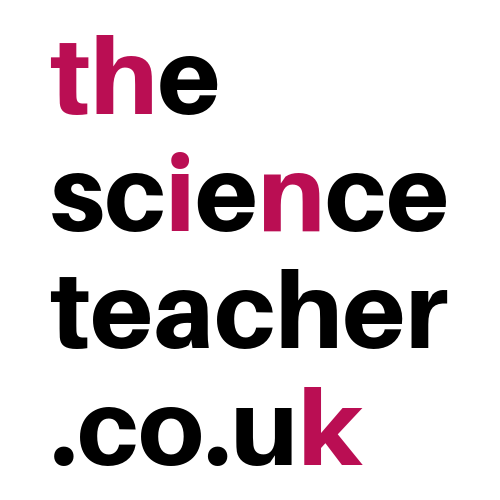Peer assessment in science
Peer assessment is much more than students marking books. It can be a very powerful way to bring about learning, although the set-up needs careful consideration to be effective. One of the key advantages of peer assessment is that it focuses student attention on what is actually important. You can see this in action when we ask students to peer assess graphs or particle pictures. Here students engage with specific aspects of a problem, one aspect at a time, e.g. scales and then using crosses and not dots to plot points.
Below Paul Black discusses the value of peer and self assessment. He says students benefit because they understand the purpose of their work more and are more likely to ask and answer questions.
 Using peer assessment effectively in science
Using peer assessment effectively in science
Peer assessment in science. This simple presentation looks at ways to support peer assessment in science. Learners should be aware of success criteria before they complete the task. They can be guided to come up with this as a group at the start. Once the task has been completed, the same success criteria can be used to assess and provide feedback. The ideas here were taken from Black and Wiliam (1998). (PDF)
